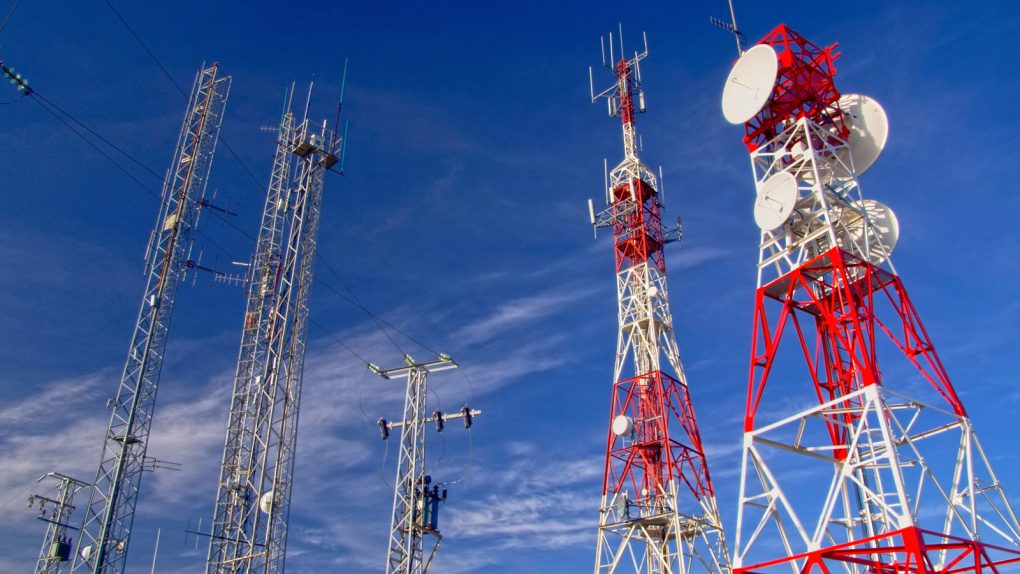With carriers pretty much tripping over themselves to rush out 5G smartphones, with some even saying the devices support 5G when they actually don’t, it’s important to keep in mind the unfortunate reality that we’ve still got a long way to go before carriers expand 5G coverage enough that most people will be able to take advantage of it.
Yes, plenty of 5G phone are being prepped for launch, but according to one computer science professor, all that hype around the blazing fast speeds these devices will provide has actually obscured two important privacy concerns raised by the new technology.
In an interview with The Wall Street Journal, professor and former researcher at Bells Labs and AT&T Labs Research Steve Bellovin raises two concerns he doesn’t think enough people are talking about. The effect of 5G technology on location data, and Huawei’s capabilities in this area.
First, his concern about location data. 5G signals will have a pretty short range in the US and won’t easily go through buildings, he tells the paper. Obviously, that will mean more cell towers are needed — cell towers, of course, being the main thing that helps your smartphone figure out where you physically are. You can probably see where this is going. “Today’s towers have a radius of about a mile,” according to Bellovin. “If the new towers cover a much smaller area, it means that they know much more precisely where you are.”
The advent of 5G, he continues, means we’re also going to see a lot more towers in new places — like indoors, in everything from shopping malls to office buildings. All of which will mean “far more precise” location targeting of users, or at least the capability to do so.
As far as Bellovin is concerned, meanwhile, Huawei is another pressing concern here.
The US is relentlessly squeezing the Chinese smartphone giant at the moment every which way it can, but what a lot of the coverage of the company’s most recent troubles with the US doesn’t always mention is that Huawei is also at the vanguard of manufacturing 5G equipment. Equipment that they, of course, sell cheaply.
“You’ve seen all the stories about whether Huawei is an agent of the Chinese government,” Bellovin told the paper. “If the Huawei gear is backdoored then they can collect metadata and relay unencrypted traffic.”
Which, again, is another side to the location data coin. The real test of whether these concerns are well-founded will arguably come based on the applications that this new 5G technology enables, according to the professor. And it’s anybody’s guess, he says, what those new applications will be, though we can surmise that things like autonomous cars will certainly be helped by this.
“Very high-speed wireless will enable the development and deployment of new services that will carry their own privacy implications,” Bellovin says, which is why he and others are sounding the alarm now.








